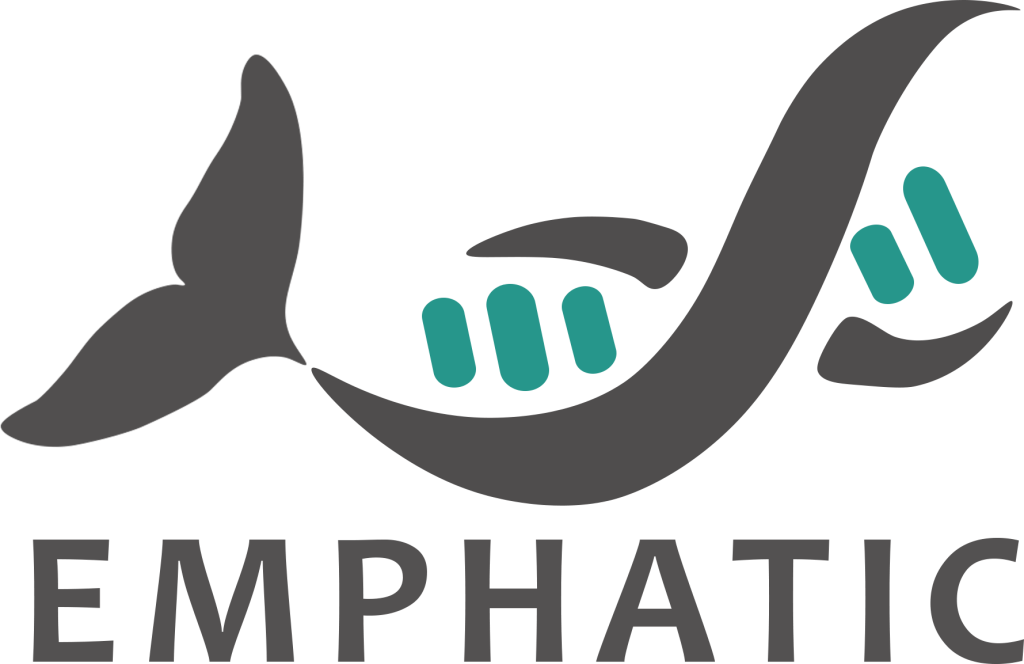
Researcher
Sara Antunes holds a degree in Biology, which was followed by a research career leading to her Master and Doctoral thesis focused on ecology and ecotoxicology, respectively. Since 2012, she has been a professor and researcher at the University of Porto. Her main area of research is in the fields of Aquatic Ecology and Ecotoxicology. She has published many papers in international, peer-reviewed journals, and she led numerous scientific studies and performed consultancy services for external institutions. Although her main research focus is aquatic ecology/ecotoxicology, she has also developed scientific skills in the area of environmental monitoring and environmental education.











